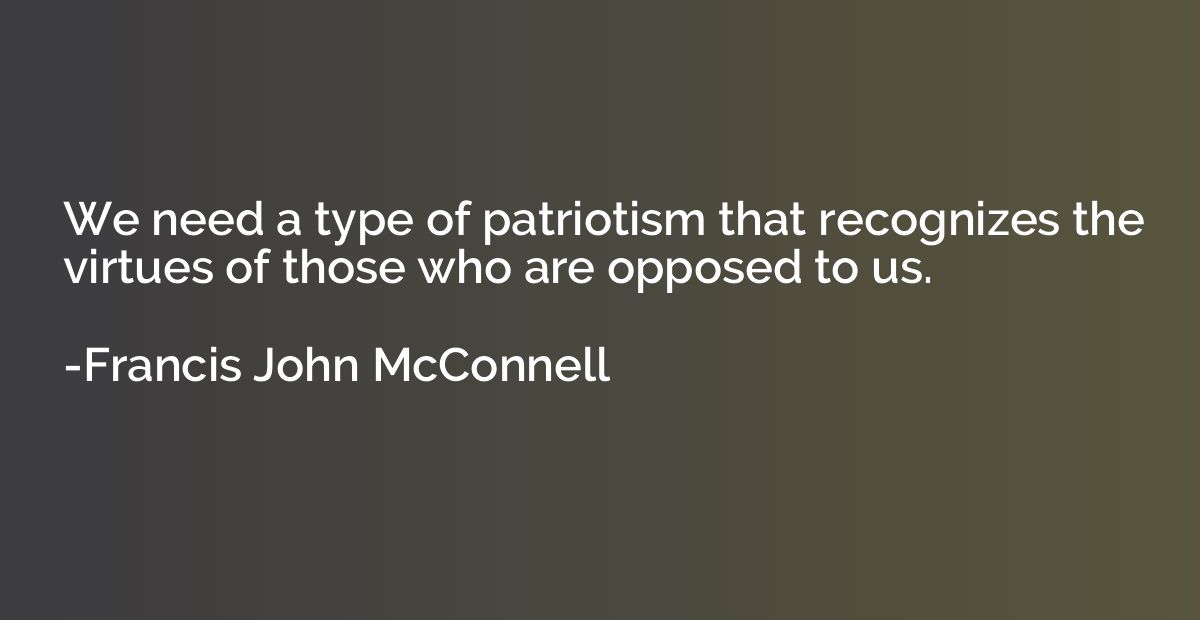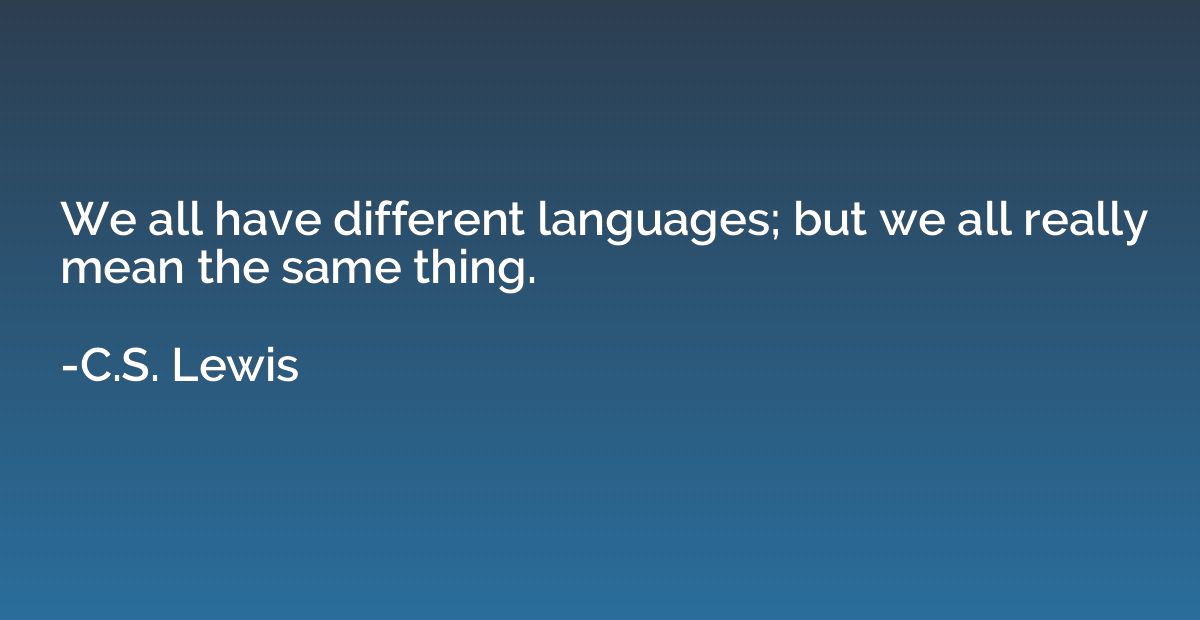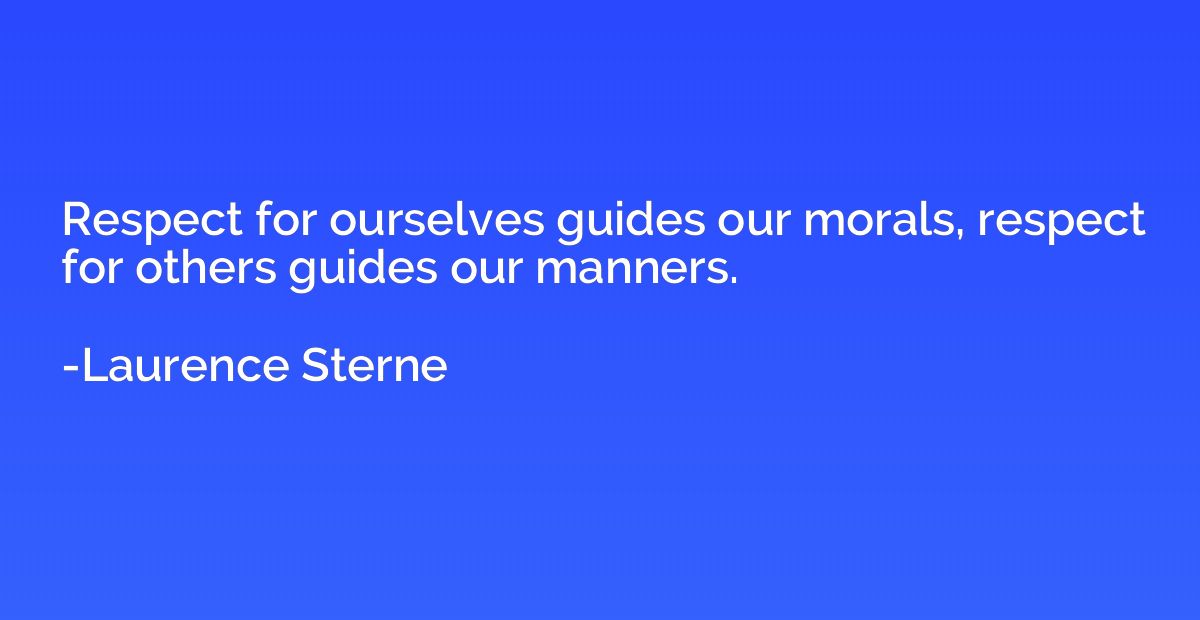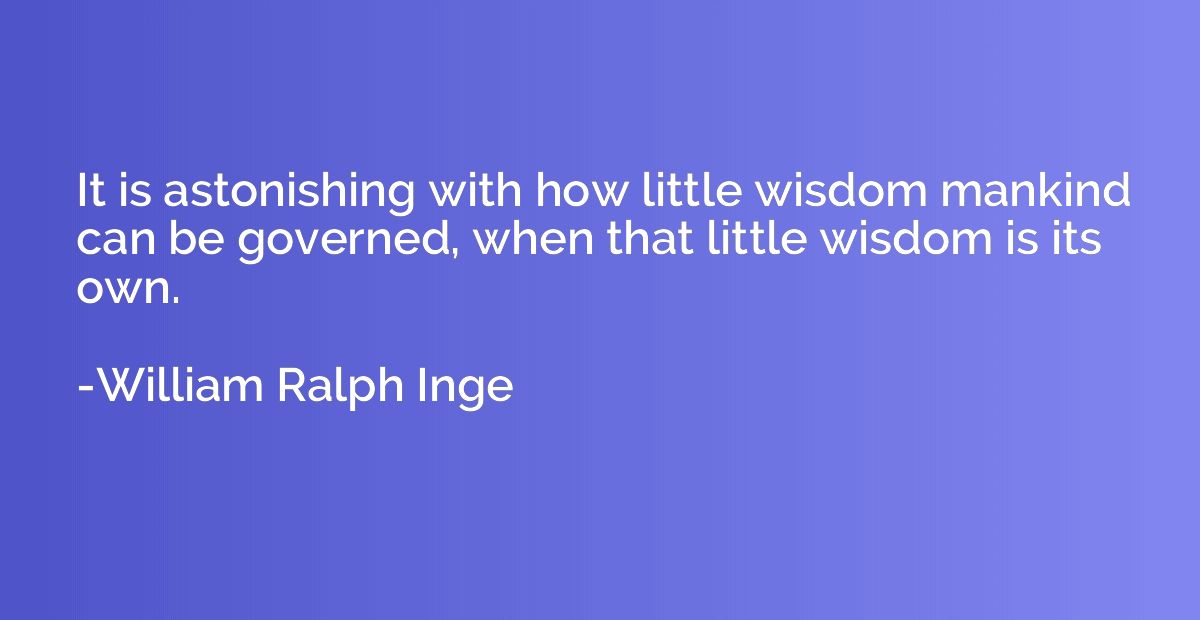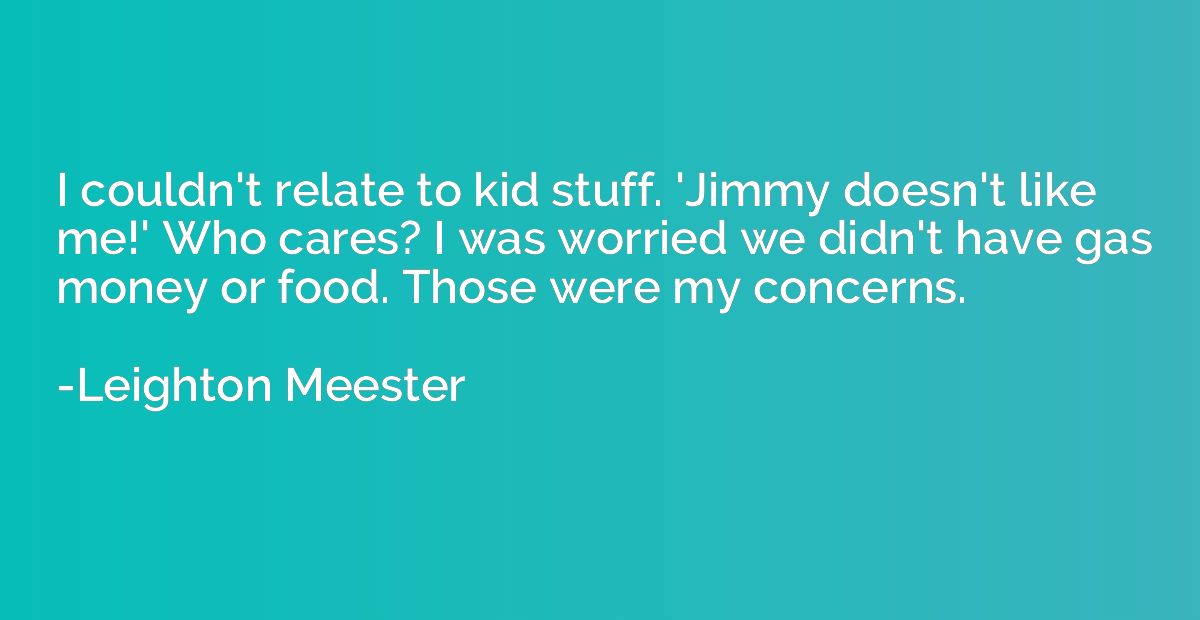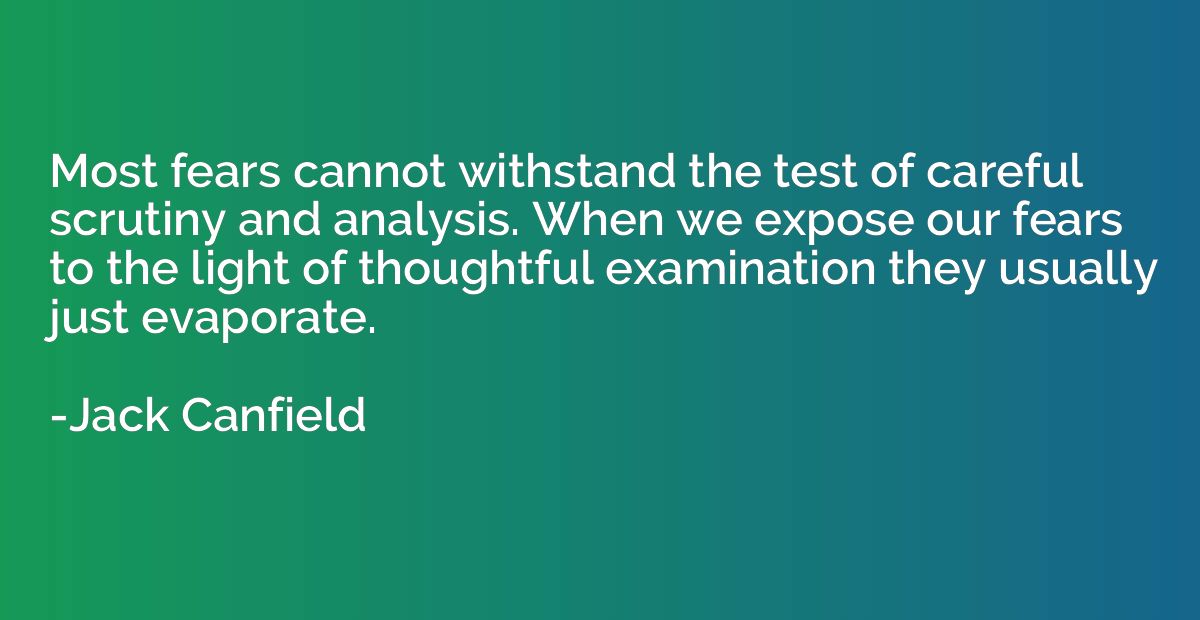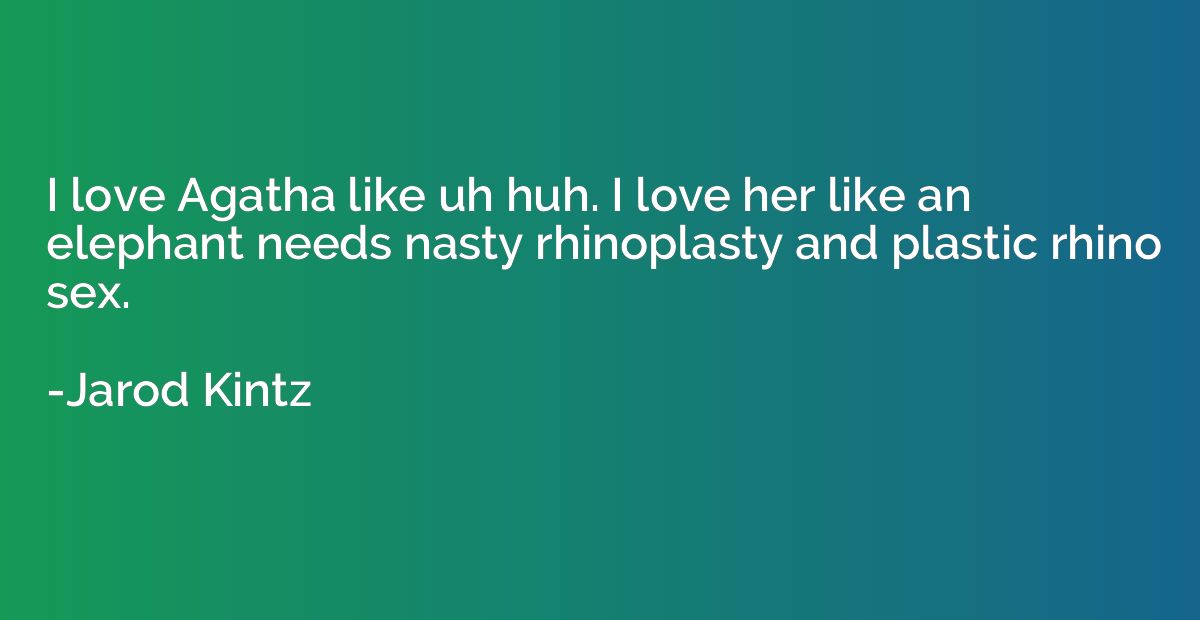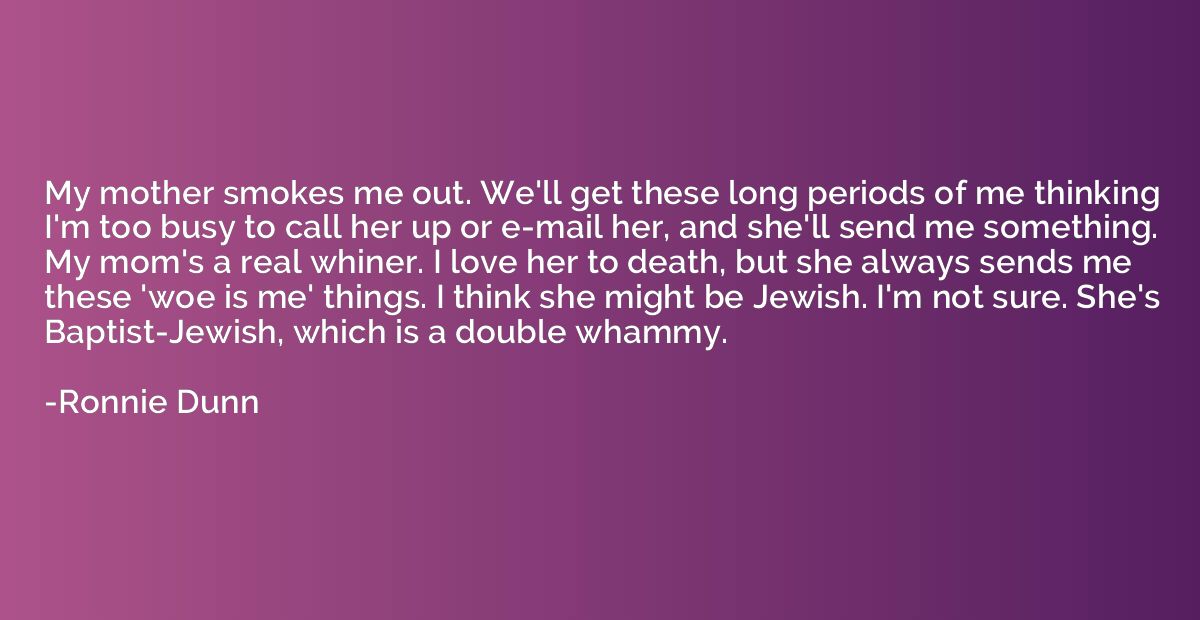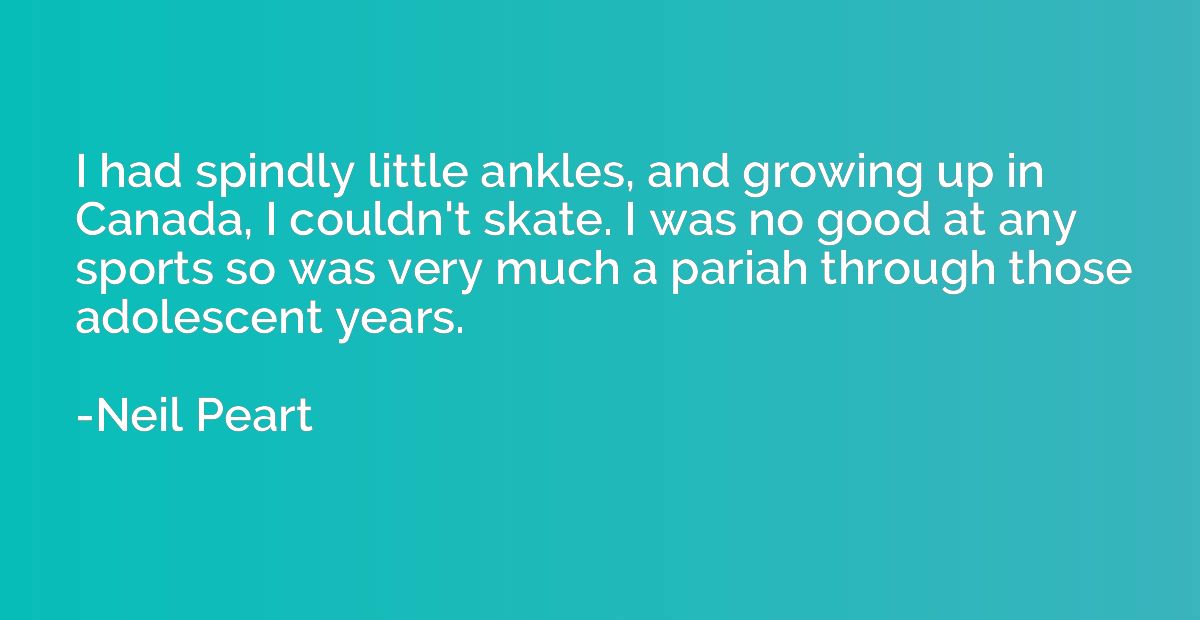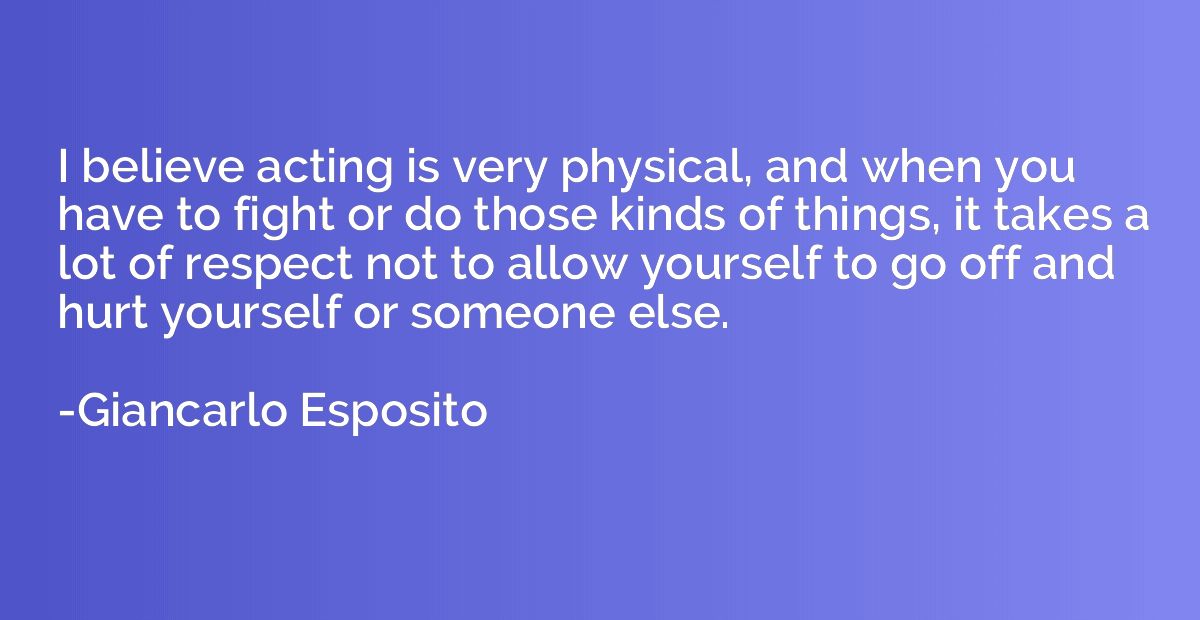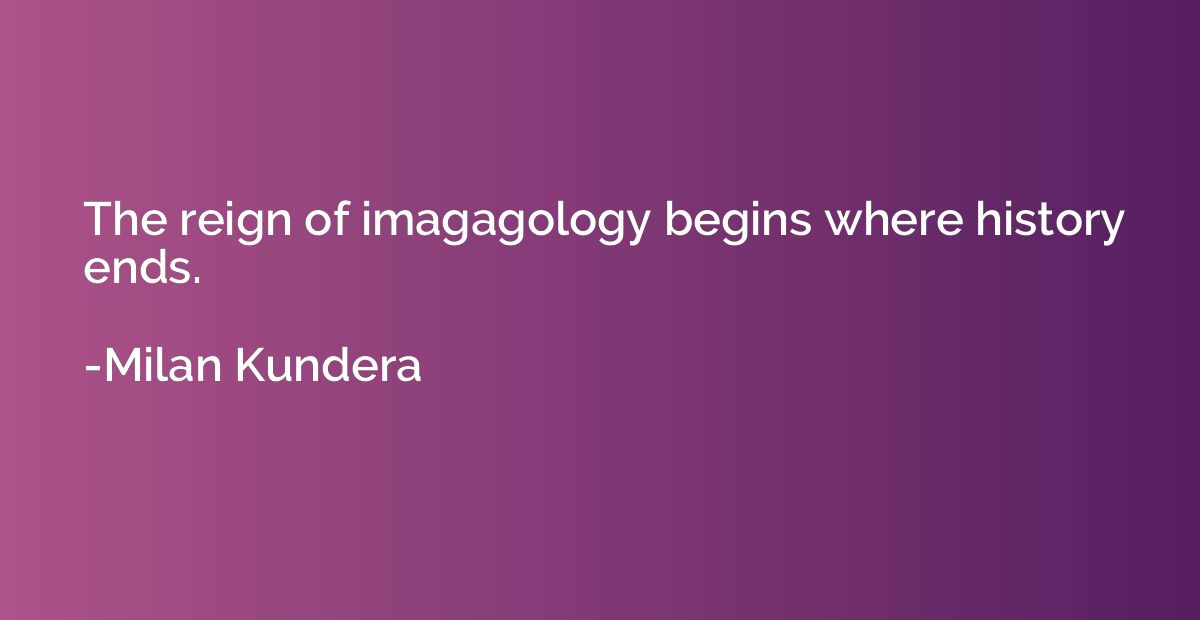Quote by Jodi Picoult
If I had to tell you how humans made their way to Earth, it would go like this: In the beginning, there was nothing at all but the moon and the sun. And the moon wanted to come out during the day, but there was something so much brighter that seemed to fill up all those hours. The moon grew hungry, thinner and thinner, until she was just a slice of herself, and her tips were as sharp as a knife. By accident, because that is the way most things happen, she poked a hole in the night and out spilled a million stars, like a fountain of tears.Horrified, the moon tried to swallow them up. And sometimes this worked, because she got fatter and rounder.. But mostly it didn't, because there were just so many. The stars kept coming, until they made the sky so bright that the sun got jealous. He invited the stars to his side of the world, where it was always bright. What he didn't tell them, though, was that in the daytime, they'd never be seen. So the stupid ones leaped from the sky to the ground, and they froze under the weight of their own foolishness.The moon did her best. She carved each of these blocks of sorrow into a man or a woman. She spent the rest of her time watching out so that her other stars wouldn't fall. She spent the rest of her time holding onto whatever scraps she had left.
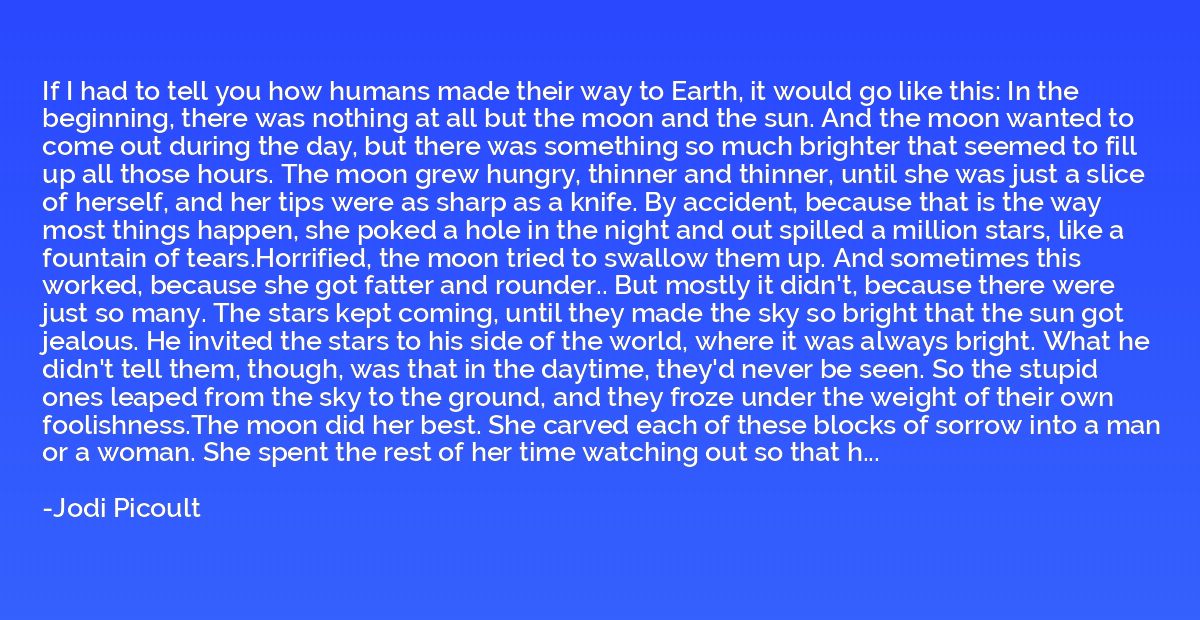
Summary
This quote presents a mythological explanation of how humans came to Earth, using the personification of celestial bodies. The story suggests that the moon, longing to shine during the day, accidentally created stars who flooded the night sky. The stars, deceived by the sun's promise of eternal brightness, leaped to the ground and turned into raw material for the moon to mold into humans. Throughout the process, the moon mourns the loss of her fallen stars and clings onto the remnants she has left. Overall, the quote explores themes of longing, sacrifice, and the imperfect nature of existence.
By Jodi Picoult



